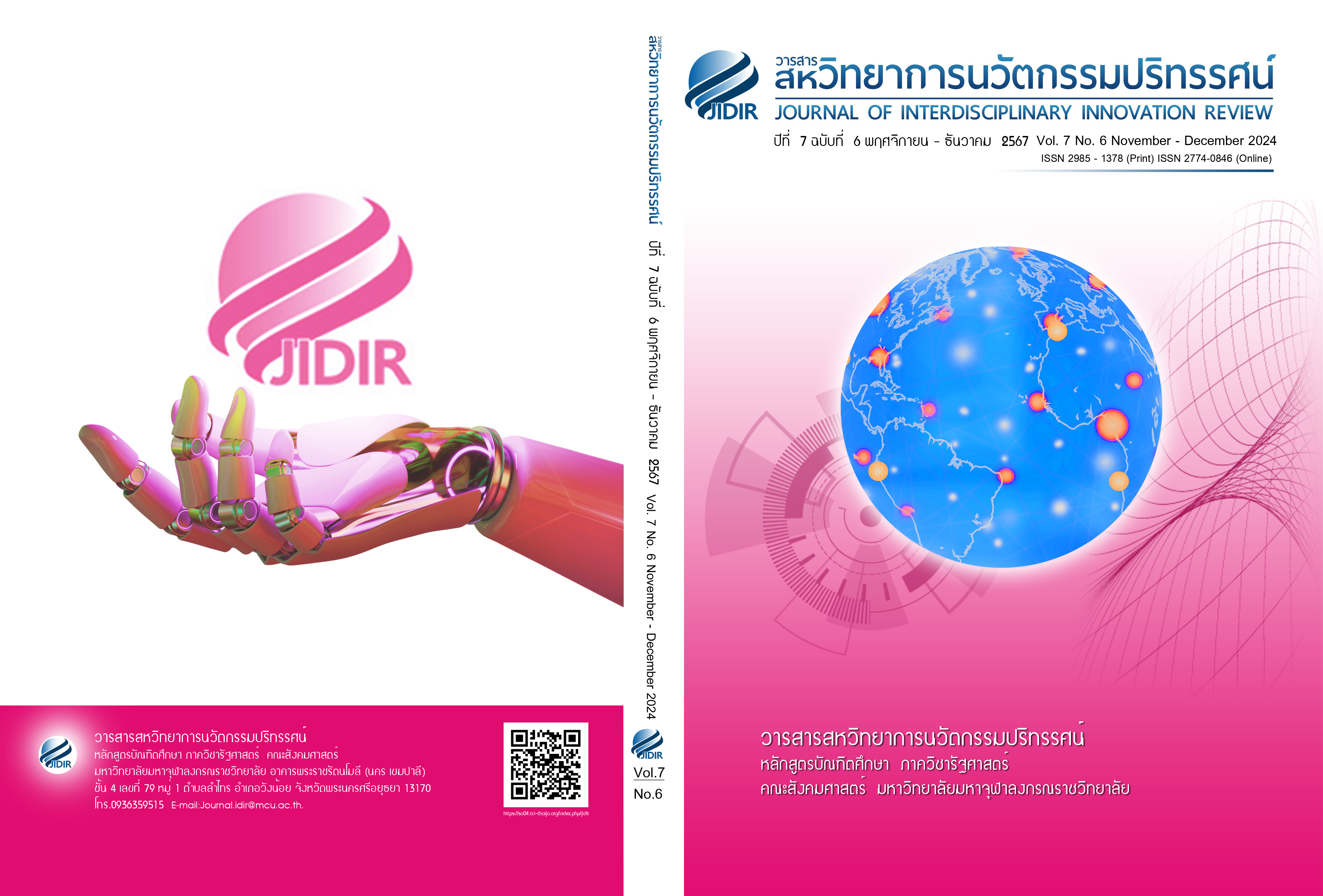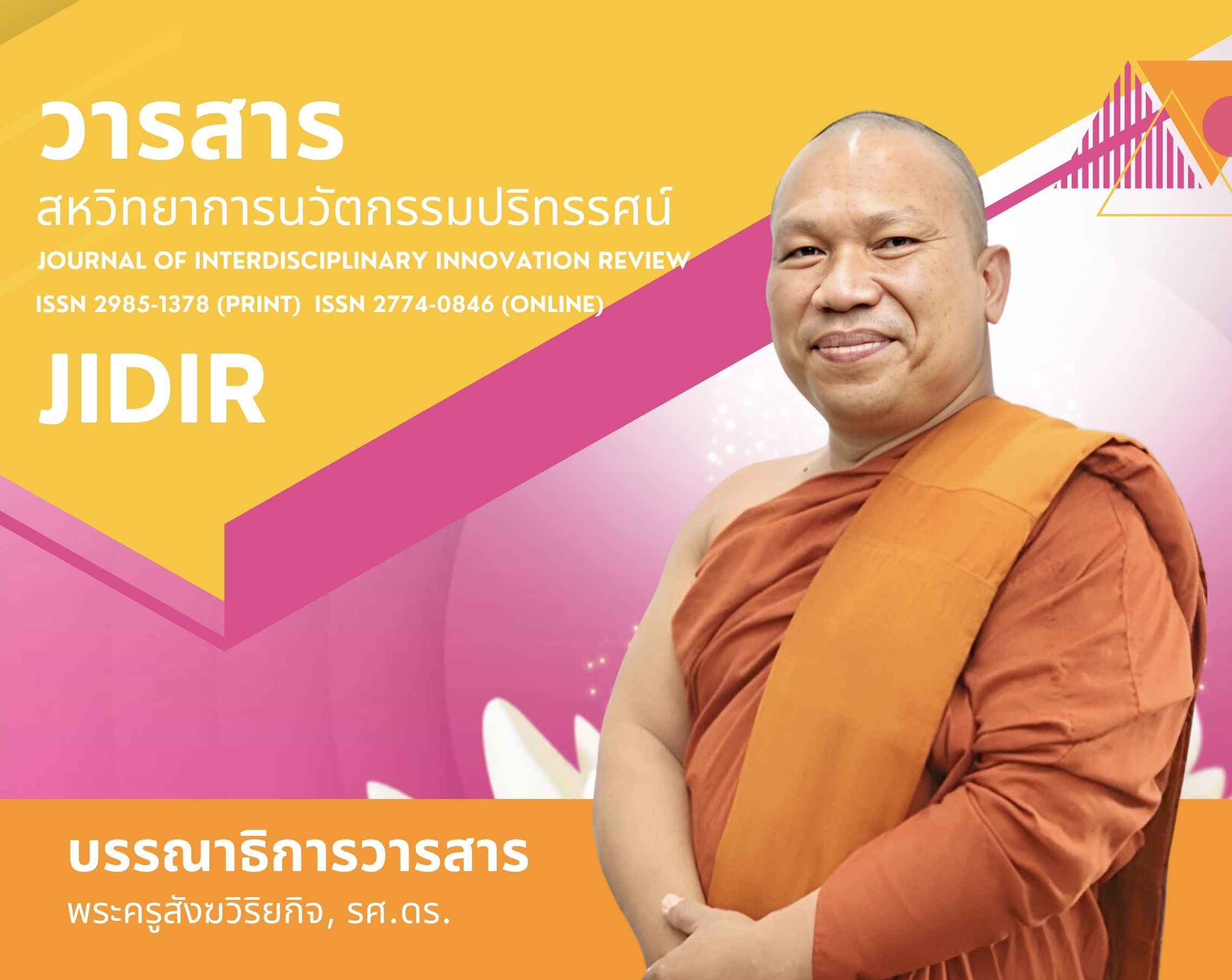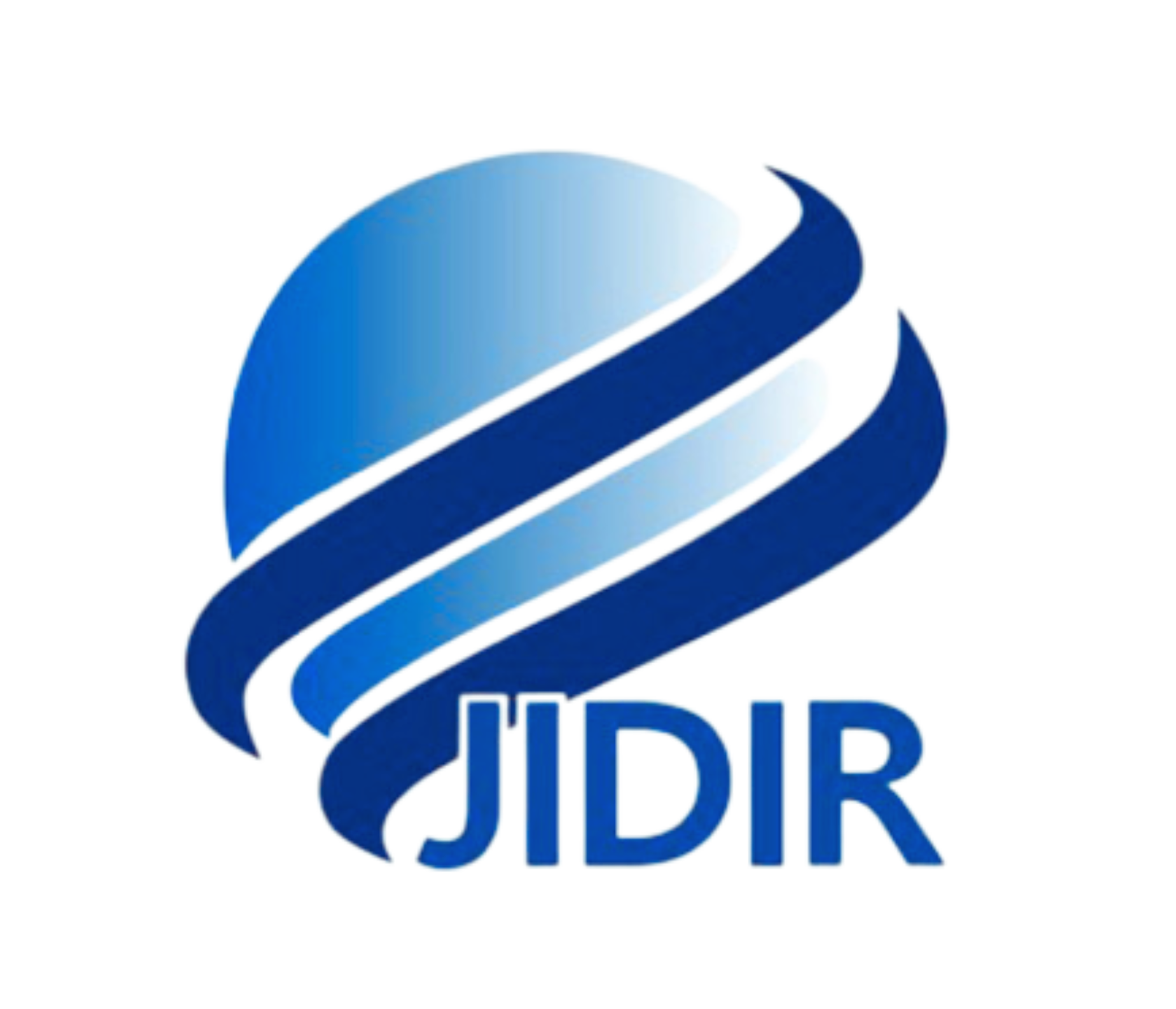การมีส่วนร่วมทางการเมืองของประชาชนตามหลักสุจริต 3 ในตำบลมาบตาพุด อำเภอเมือง จังหวัดระยอง
คำสำคัญ:
การมีส่วนร่วมทางการเมือง, ประชาชน, หลักสุจริต 3บทคัดย่อ
บทความวิจัยนี้มีวัตถุประสงค์ ดังนี้ 1. เพื่อศึกษาระดับการมีส่วนร่วมทางการเมืองของประชาชนในตำบลมาบตาพุด อำเภอเมือง จังหวัดระยอง 2. เพื่อศึกษาความสัมพันธ์ของหลักสุจริต 3 กับการมีส่วนร่วมทางการเมืองของประชาชนในตำบลมาบตาพุด อำเภอเมือง จังหวัดระยอง และ 3. เพื่อศึกษาแนวทางส่งเสริมการมีส่วนร่วมทางการเมืองของประชาชนในตำบลมาบตาพุด อำเภอเมือง จังหวัดระยอง การวิจัยใช้ผสานวิธีระหว่างวิจัยเชิงปริมาณและเชิงคุณภาพ วิจัยเชิงปริมาณ เก็บข้อมูลจากประชาชน 398 คน ตามสูตรของทาโร่ ยามาเน่ ด้วยแบบสอบถาม วิเคราะห์ข้อมูลโดยใช้สถิติ ความถี่ ร้อยละ ค่าเฉลี่ย และการทดสอบสมมติฐานด้วยค่าที และค่าเอฟ และทดสอบสมมติฐานโดยวิเคราะห์ความสัมพันธ์ระหว่างหลักสุจริต 3 กับการมีส่วนร่วมทางการเมืองของประชาชน วิจัยเชิงคุณภาพ สัมภาษณ์เชิงลึกจากผู้ให้ข้อมูลสำคัญ 9 รูปหรือคน วิเคราะห์ข้อมูลด้วยการพรรณนาความคิดเห็น
ผลการวิจัยพบว่า 1. ระดับการมีส่วนร่วมทางการเมืองของประชาชนในตำบลมาบตาพุด อำเภอเมือง จังหวัดระยอง โดยภาพรวม อยู่ในระดับมาก ( = 3.91 S.D. = 0.30) 2. ผลการทดสอบสมมติฐานพบว่า หลักสุจริต 3 มีความสัมพันธ์การมีส่วนร่วมทางการเมืองของประชาชนในตำบลมาบตาพุด อำเภอเมือง จังหวัดระยอง โดยรวมมีความสัมพันธ์เชิงบวก ในระดับปานกลาง จึงยอมรับสมมติฐานการวิจัย 3. แนวทางส่งเสริมการมีส่วนร่วมทางการเมืองของประชาชนในตำบลมาบตาพุด อำเภอเมือง จังหวัดระยอง ตามหลักสุจริต 3 พบว่า โดยการปฏิบัติตามกฎหมายและกฎกติกาการเลือกตั้ง การประท้วงเพื่อเรียกร้องสิทธิที่พึงได้ตามที่กฎหมายกำหนด ด้วยวาจาที่เป็นธรรม เป็นกลาง การเป็นผู้สื่อสารที่เป็นประโยชน์ต่อท้องถิ่นและสังคมในชุมชน การอยู่ร่วมกันในสังคม โดยมีเจตนาดีต่อสังคมส่วนรวมต่อหลักการปกครอง ในการไปใช้สิทธิพิจารณานักการเมืองจากผลงาน อย่างเป็นกลาง มีเหตุผล ให้โอกาสในการทำงาน ติดตามความเคลื่อนไหวทางการเมืองและวิเคราะห์แยกแยะด้วยเหตุด้วยผล
เอกสารอ้างอิง
คะนอง วังฝายแก้ว. (2560). การเสริมสร้างความรับผิดชอบต่อสังคม ของนักการเมืองท้องถิ่นตามหลักสุจริต 3 (รายงานการวิจัย). พระนครศรีอยุธยา: มหาวิทยาลัยมหาจุฬาลงกรณราชวิทยาลัย.
คะนึงนิจ ศรีบัวเอี่ยม และคณะ. (2545). แนวทางการเสริมสร้างประชาธิปไตยแบบมีส่วนร่วมตามรัฐธรรมนูญแห่งราชอาณาจักรไทย พ.ศ. 2540. กรุงเทพฯ: ธรรมดาเพลส.
จรูญ หยูทอง-แสงอุทัย. (2559). อุปสรรคและปัญหาของ การมีส่วนร่วม ในสังคมไทย. สืบค้นเมื่อ 11 สิงหาคม 2565, จาก https://mgronline.com/south/
detail/9590000114671
เจมส์ แอล. เครย์ตัน. (2551). คู่มือการมีส่วนร่วมของประชาชน การตัดสินใจที่ดีกว่าโดยให้ชุมชนมีส่วน ร่วม. (แปลโดย วันชัย วัฒนศัพท์, ถวิลวดี บุรีกุล, เมธิศา พงษ์ศักดิ์ศรี). ขอนแก่น: โรงพิมพ์ศิริภัณฑ์ ออฟเซ็ทเจมส์ แอล. เครย์ตัน.
พระปลัดเอกชัย จนฺทโชโต (คงชีวะ). (2563). การมีส่วนร่วมทางการเมืองของประชาชนในการเลือกตั้งระดับท้องถิ่นตำบลหนองแก อำเภอพระพุทธบาท จังหวัดสระบุรี(สารนิพนธ์รัฐศาสตรมหาบัณฑิต สาขาวิชารัฐศาสตร์). พระนครศรีอยุธยา: มหาวิทยาลัยมหาจุฬาลงกรณราชวิทยาลัย.
พระพรหมคุณาภรณ์ (ป.อ. ปยุตฺโต). (2553). พจนานุกรมพุทธศาสตร์ ฉบับประมวลธรรม. กรุงเทพฯ: เพิ่มทรัพย์การพิมพ์.
พิภูษณ มากไชย. (2559). การนำหลักสุจริต 3 ไปใช้ในการปฏิบัติงานของข้าราชการตำรวจ สถานีตำรวจภูธรเมืองภูเก็ต จังหวัดภูเก็ต. วารสารพุทธสังคมวิทยาปริทรรศน์, 1(2), 35-54.
รัฐธรรมนูญแห่งราชอาณาจักรไทย. (2560, 6 เมษายน). ราชกิจจานุเบกษา. เล่ม 134 ตอน 40 ก. หน้า 3.
วิลวดี บุรีกุล. ( 2552). พลวัตรการมีส่วนร่วมของประชาชน : จากอดีตจนถึงรัฐธรรมนูญแห่งราชอาณาจักร ไทยพุทธศักราช 2550. กรุงเทพฯ: บริษัท เอ.พี.กราฟิค ดีไซน์และการพิมพ์ จำกัด.
ศิริ พันธ์ทา. (2559). หลักสุจริตธรรมกับการบริหารองค์การอย่างยั่งยืน. Journal of Modern Learning Development, 1(1), 1-6.
สมถวิล แฝงลาภ. (2561). รูปแบบการพัฒนาผู้เรียนด้านความซื่อสัตย์สุจริตผ่านวรรณกรรมอีสาน (ปรัชญาดุษฎีบัณฑิต สาขานวัตกรรมเพื่อการพัฒนาท้องถิ่น). มหาสารคาม: มหาวิทยาลัยราชภัฏมหาสารคาม.
สากล พรหมสถิต. (2561). การมีส่วนร่วมของประชาชนในทางการเมือง. งานประชุมวิชาการรัฐประศาสนศาสตร์ระดับชาติ ครั้งที่ 7/2561 รัฐประศาสนศาสตร์ไทย 4.0 : ประชารัฐ นวัตกรรม และความท้าทาย. สืบค้นเมื่อ 10 สิงหาคม 2565, จาก http://blog.bru.ac.th/wp-content/uploads/bp-attachments/15097
สาธิต กฤตลักษณ์. (2561). การมีส่วนร่วมทางการเมืองของประชาชนตามหลักธรรมาภิบาล. วารสารมหาวิทยาลัยมหามกุฏราชวิทยาลัย วิทยาเขตร้อยเอ็ด, 7(1), 166-175.
สุรพล สุยะพรหม และ สุทธิรัก ศรีจันทร์เพ็ญ. (2553). ระเบียบวิธีวิจัยทางการจัดการ. กรุงเทพฯ: มหาวิทยาลัยมหาจุฬาลงกรณราชวิทยาลัย.
ดาวน์โหลด
เผยแพร่แล้ว
รูปแบบการอ้างอิง
ฉบับ
ประเภทบทความ
สัญญาอนุญาต
ลิขสิทธิ์ (c) 2024 วารสารสหวิทยาการนวัตกรรมปริทรรศน์

อนุญาตภายใต้เงื่อนไข Creative Commons Attribution-NonCommercial-NoDerivatives 4.0 International License.
เพื่อให้เป็นไปตามกฎหมายลิขสิทธิ์ ผู้นิพนธ์ทุกท่านต้องลงลายมือชื่อในแบบฟอร์มใบมอบลิขสิทธิ์บทความให้แก่วารสารฯ พร้อมกับบทความต้นฉบับที่ได้แก้ไขครั้งสุดท้าย นอกจากนี้ ผู้นิพนธ์ทุกท่านต้องยืนยันว่าบทความต้นฉบับที่ส่งมาตีพิมพ์นั้น ได้ส่งมาตีพิมพ์เฉพาะในวารสารสหวิทยาการนวัตกรรมปริทรรศน์ เพียงแห่งเดียวเท่านั้น หากมีการใช้ภาพหรือตารางหรือเนื้อหาอื่นๆ ของผู้นิพนธ์อื่นที่ปรากฏในสิ่งตีพิมพ์อื่นมาแล้ว ผู้นิพนธ์ต้องขออนุญาตเจ้าของลิขสิทธิ์ก่อน พร้อมทั้งแสดงหนังสือที่ได้รับการยินยอมต่อบรรณาธิการ ก่อนที่บทความจะได้รับการตีพิมพ์ หากไม่เป็นไปตามข้อกำหนดเบื้องต้น ทางวารสารจะถอดบทความของท่านออกโดยไม่มีข้อยกเว้นใดๆ ทั้งสิ้น






